
Chronicles of a Med Student: Flexibility in Practice
For a typical medical student shadowing in a clinic for a day, it looks a ... Read more
Written by: Adelle
Published on: April 17, 2017

For a typical medical student shadowing in a clinic for a day, it looks a ... Read more
Written by: Adelle
Published on: April 17, 2017
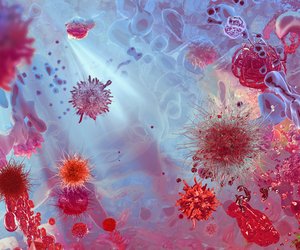
As a first-year medical student, I lived near a veterinary program. The comparison often made—by ... Read more
Written by: Tess Woodring
Published on: March 13, 2017
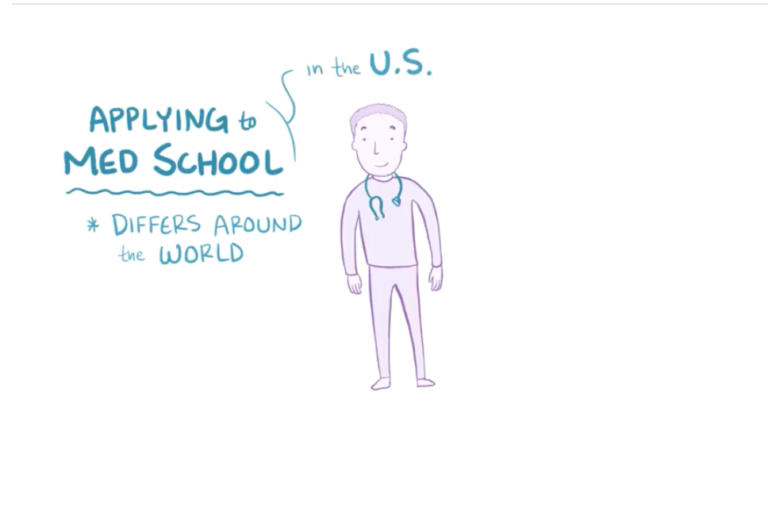
Wondering if a career as a doctor would be a good fit for you? Already ... Read more
Written by: Student Doctor Network
Published on: February 7, 2017

Being a pre-medical student means committing to a years-long process aimed at ultimately gaining admission ... Read more
Written by: Cassie Kosarek
Published on: January 11, 2017

Updated December 8, 2021. The article was updated to correct minor grammatical and technical errors. ... Read more
Written by: Patrick C. Beeman
Published on: January 10, 2017
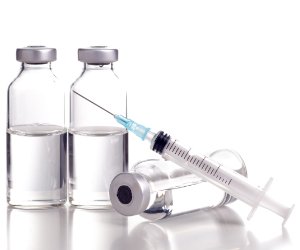
The American Cancer Society estimated that in 2015, there were 1,658,370 new cases of cancer diagnosed in ... Read more
Written by: Brian Wu
Published on: January 4, 2017

What You Should Know is an ongoing series covering a range of informational topics relevant ... Read more
Written by: Brian Wu
Published on: December 13, 2016
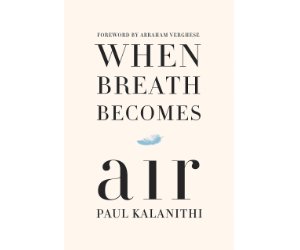
If you read one book this year, make it When Breath Becomes Air. Do yourself ... Read more
Written by: Chivas Owle
Published on: November 22, 2016

While the American college experience can be a time of great discovery and learning, the ... Read more
Written by: Brian Wu
Published on: November 16, 2016
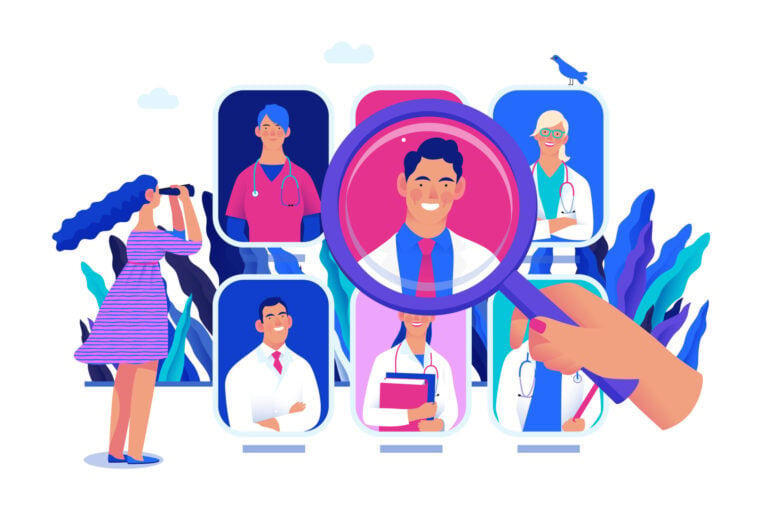
You’ve earned your medical degree, worked your way through your residency or fellowship program, and ... Read more
Written by: Melissa Byington
Published on: November 15, 2016

Don’t miss Part I of this article, which covered how to prepare before the interview and ... Read more
Written by: bluestreaks
Published on: November 2, 2016

Medicine needs a strong core of leadership now more than ever. Medical students and new ... Read more
Written by: Sidney Christiansen
Published on: October 19, 2016

Earlier this year SDN member bob123451 was the lucky intern starting residency on night float ... Read more
Written by: Student Doctor Network
Published on: October 13, 2016

It is not just nostalgia and excitement that grips me as I am nearing the ... Read more
Written by: Butool Hisam
Published on: October 11, 2016

Although repeated to the point of being cliche, “to help people” is one of the ... Read more
Written by: Brian Wu
Published on: October 10, 2016

When did you first hear about medical scribes? I first heard the term ‘medical scribe’ ... Read more
Written by: Alyssa Kettler
Published on: October 4, 2016
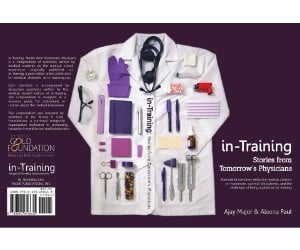
In early 2012, medical students Ajay Major and Aleena Paul started in-Training.org, a website dedicated ... Read more
Written by: Student Doctor Network
Published on: September 29, 2016

Central to the skillset of every physician is the differential diagnosis; this is the process ... Read more
Written by: Brent Schnipke
Published on: September 26, 2016

Before medical school, the dream of becoming a physician involves helping people and curing disease. ... Read more
Written by: Universal Notes
Published on: September 20, 2016